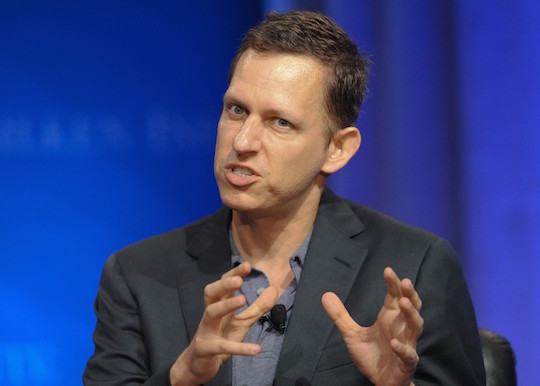The New York-based gossip website Gawker.com shut down yesterday, after its parent company, Gawker Media, lost a $140 million lawsuit to Hulk Hogan. Univision purchased Gawker Media from bankruptcy and will continue publishing many sites in the network, including Deadspin and Gizmodo, but the flagship has been eliminated. Yesterday, former executive features editor Tom Scocca published this scathing postmortem advancing two points, one of which I find more interesting than the other. First, he contends that Gawker was effectively gaslighted by its enemies, who convinced founder Nick Denton and other key members of the staff that they really were operating beyond the pale of respectable journalism. That seems both plausible and unfalsifiable. Second, and more compellingly, Scocca suggests that freedom of the press is complicated when billionaires can fund massive lawsuits designed to put media companies out of business. Background and consideration after the jump.
Tag Archives: libel
Peter Daou plans to sue Twitter users for defamation
Peter Daou first came to my attention via Twitter, where he is routinely mocked by snarky journalists. A former advisor to Hillary Clinton and John Kerry, Daou is now a commentator and activist who founded the group/hashtag #HillaryMen. He is also a former member of the Lebanese Forces, a Christian militia organized during the Lebanese civil war. In a post on his personal blog this morning, Daou announced his intention to sue for defamation various unnamed Twitter users who have accused him of complicity in the Sabra and Shatila massacre of 1982. Daou describes his war experience as extremely traumatic, saying that he never killed anyone and was conscripted against his will. He has publicly condemned the Sabra and Shatila massacre and contends that tweets related to it were meant to defame him in retaliation for his support for Hillary. The big question, in this brave age of social media, is whether tweets can constitute defamation in the same way as broadcasts and publications from media outlets. Daou thinks so, but his case is complicated. Examples after the jump.


